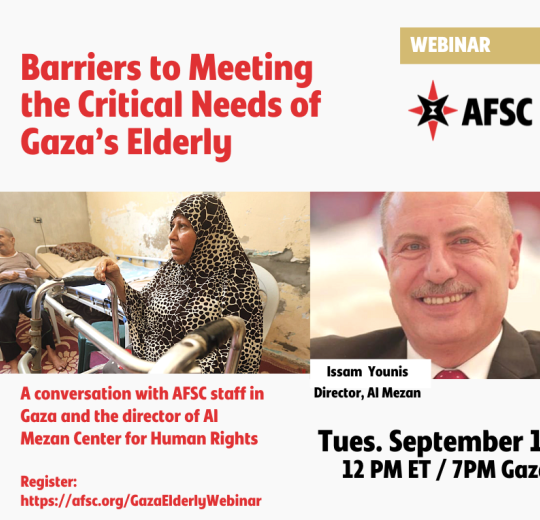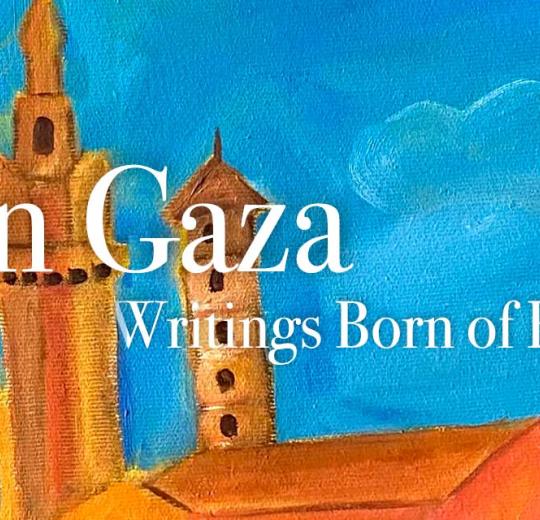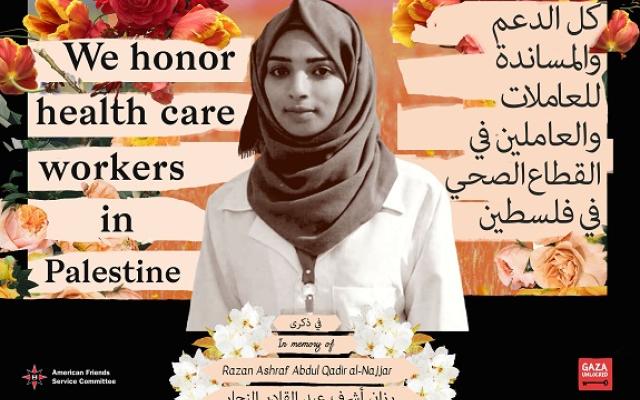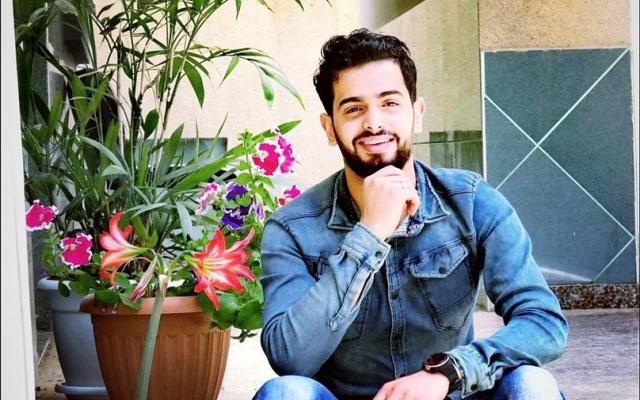My home was destroyed on the 30th of July, 2014 on the third day of the Eid—at 6 a.m. exactly. I had finished prayers and left the house with two cousins to get tea. I was gone for two minutes when the house was destroyed without any warning. My wife and children were in the house. The rocket hit the house directly.
Fortunately, the roof was made of corrugated tin so my family wasn’t covered under cement and could be pulled from the rubble. There was no military location near our home, and we weren’t targeted. This was the result of random shelling.
Two of my [seven] children—my daughter and son—were injured. My son traveled to Germany for treatment. He was injured in his arm and his stomach and had to undergo many surgeries. Until now he needs treatment; next month he will have another surgery in the European Hospital in Rafah.
My son is 20 to 30 percent disabled. His arm and leg don’t work fully, and there are still damages in his arm that need to be corrected.
My daughter also needs treatment. She is six years old and still has shrapnel in her legs. She should be in second grade now, but she lost a year of school when she was injured and was held back one year.
The hospitals can provide some treatment, but it takes two or three months to get an appointment. Then if something is identified as a problem it takes two or three more months to get treatment. The hospitals are overburdened and can’t meet the needs. Also, I don’t have any income so I can’t cover the cost of care that is needed.
When [my son] went to Germany, his grandmother accompanied him, but now she is getting too old to travel with him. It costs too much to travel abroad. Also, I can’t get a permit to travel. The bureaucratic process for getting a permit for treatment has stopped me from applying.
To get help with rebuilding our home takes a long time. Finally four months ago, I was added to the Saudi aid list to rebuild my home. It took over two and a half years to gain approval for rebuilding.
Before the blockade, I worked regularly as a construction laborer. I could pay for food and clothes and other things we needed. After 2007, the situation became much more difficult. Now I depend on assistance and aid to live.
In the last 10 years, the situation has changed. Before people could work. People could travel. People could move. People worked in Israel. It felt like we were moving forward. Now it feels like every year we are moving back. People weren’t restricted like they are now.
If you talk about income, now we are below zero. My oldest son—he is 13 years old—had to leave school. He left school after the last war when he was 11 after fourth grade. He has to work to help support our family.
If I were to say something to the people in America, I would say that in Gaza we are treated like animals in a zoo. We need to live like everyone else does. We need to live like people. Lift the blockade, end the division, open the borders. Let us travel, let us work, let us live.




